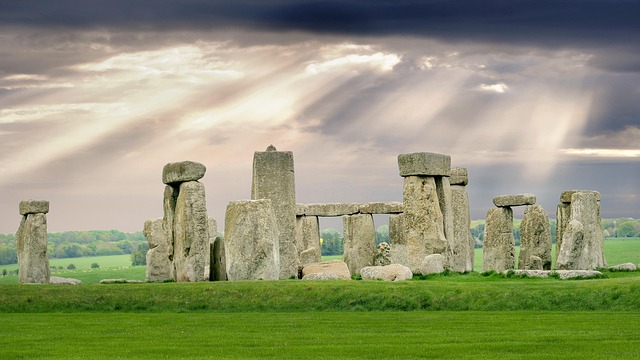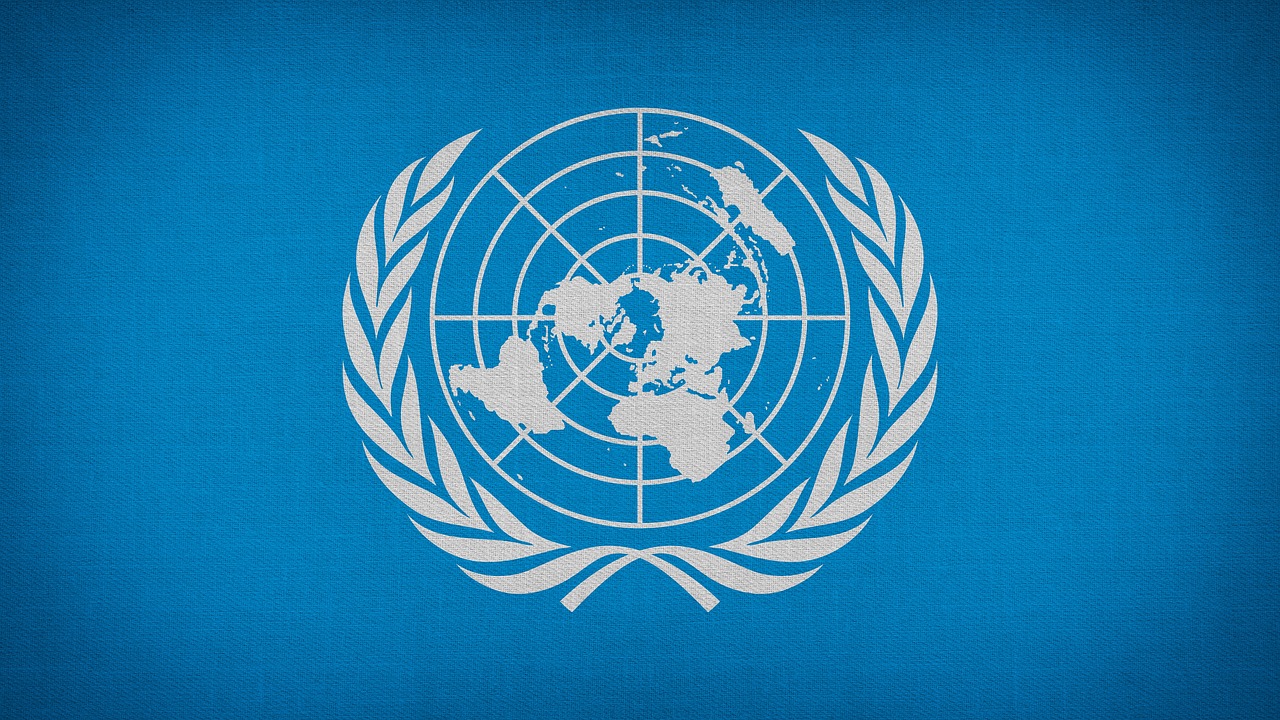Article Title:St. Kilda: Family, community, and the wider world
Abstract:
During most of its recorded history (essentially 1698-1930) the people of St. Kilda (a small and remote archipelago in Scotland and now a World Heritage site) were members of a closely knit, communitarian society. Their habit of locking their doors forms the starting point for an exploration of the potential role of cash in the community, intracommunity tensions and family identities, and the relationships between the islanders and visiting outsiders, including tourists and fishermen. The article also discusses strategics deployed by the St. Kildans to resist the exactions of the McLeod chiefdom. It is argued that the egalitarianism of St. Kilda was accompanied by equality of opportunity with institutionalized ways of maintaining family difference and identity. (C) 2000 Academic Press.
Keywords: St. Kilda; Scotland; World Heritage; social history; economic history
DOI: 10.1006/jaar.1999.0361
Source:JOURNAL OF ANTHROPOLOGICAL ARCHAEOLOGY
Welcome to correct the error, please contact email: humanisticspider@gmail.com



